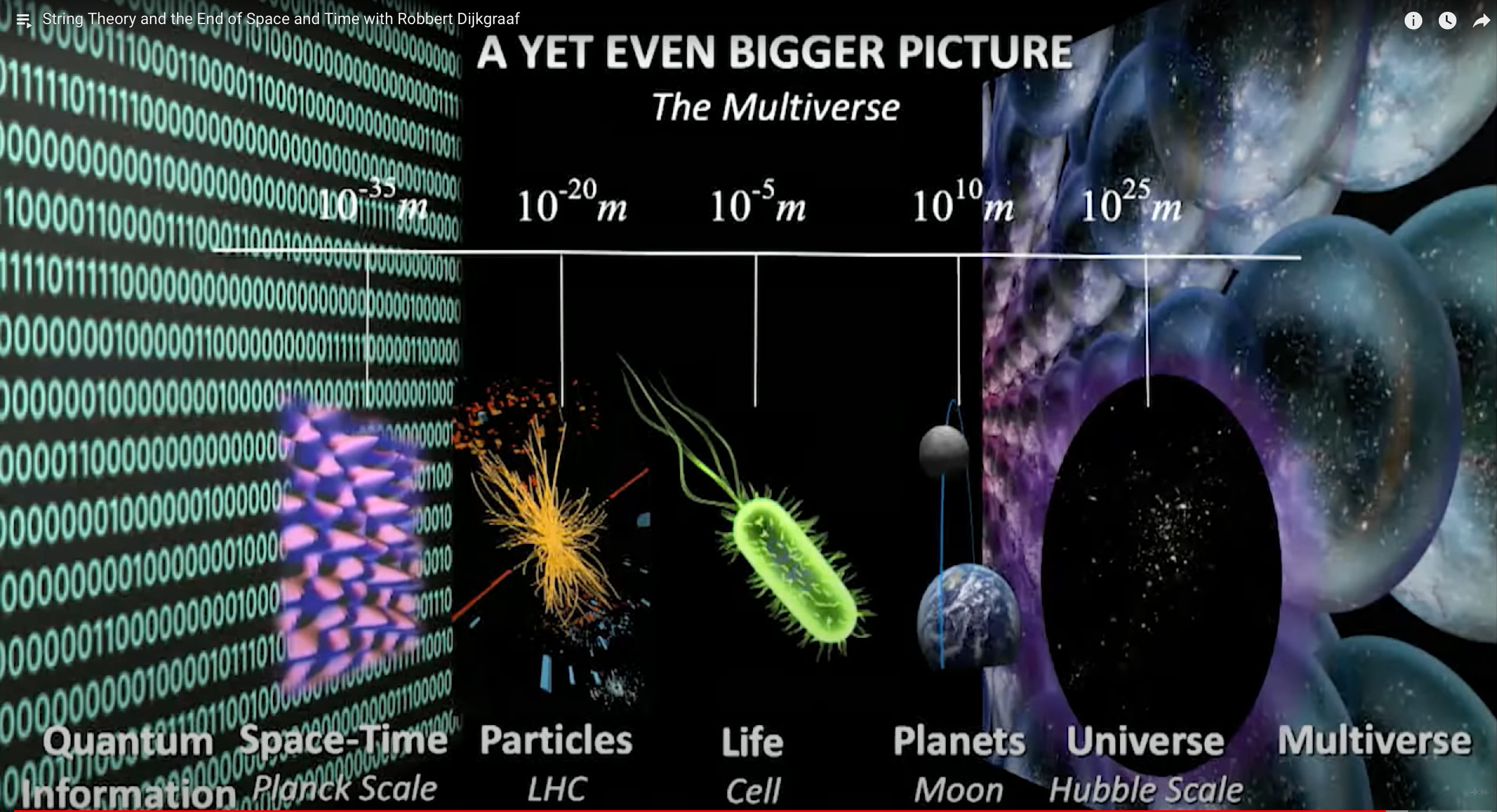God of Fullness
Scientific cosmology and spirituality are not opposites. The idea of a creation – of God – cannot come from nothing.
It’s time for a bold thought that removes a few seeming incongruities. As a person raised in Christianity, I, like many other skeptical people, have had a fractured relationship with religions over time. Nevertheless, throughout my life I have been able to observe a fundamental trust in God. Moreover, the study of religious writings gave me the insight that, despite all time- and culture-related incompatibilities of individual passages with my personal convictions, the authors were truly no fools. So I thought about how one could transfer the single truths into a theory which includes the contradictions. This theory would then also facilitate the acceptance of diversity in the world recognizable for us.
Of course, the current knowledge of science is my starting point, because it describes what we can really recognize. This distinguishes my possibility elementarily from the purely on thought constructs of the founders of religion, who at that time had no usable scientific knowledge about the nature of the world. The attempt of the union of science and religion seems to me currently quite underrepresented. Obviously, there is no great interest from both sides, which has to do, according to experience, with human weaknesses such as fear of losing power, fear of making oneself ridiculous and others. As a layman in both disciplines, I can neglect these fears.
The initial idea of this article was born from a video and in particular a graphic from it > Source: YouTube > String Theory and the End of Space and Time with Robbert Dijkgraaf > Click picture for Videolink.
The graph shows our current knowledge in the experimental search for the smallest and the largest. Actually the video is about string theory, but since I have only a very limited understanding of physics, I extract from the thoughts the information accessible to me. I see a kind of membrane on both sides of the scale that currently separates knowledge from assumed inferences. On the small scale it is something called “quantum information” in the graph, and on the large scale it is the “multiverse”. The inference from the assumption of a multiverse seems clear to me: “We live in one of many universes whose laws may be completely different.” If we assume that quantum information is the starting point of these universes, we come suspiciously close to the fundamental idea of God.
I’m taking a little step back here to my own reflections to show why this graphic electrified me so much. Artists are always asked how a painting, a song, or whatever is created. I know the answer from my own experience, and it is felt the same way by many other artists. The simplest description of the initial spark is the word “idea”. A little more flowery formulated it is a grain from which a small structure is formed, and the rest makes this structure then actually itself – under the direction of the artist. I always say then: “The universe does the rest”. Wow, that sounds kind of like the big bang, doesn’t it? I’ve seen many documentaries about the Big Bang, and one point has always bothered me. That a universe arises from a singularity, as cosmology calls it, still coincides with the experiences just described, but from what does the singularity arise? Mostly this consideration is rejected by the statement that we are simply too stupid to understand this. So the idea remains that it originates from the nothing. That EVERYTHING arises from NOTHING, however, stands in the most blatant conceivable contradiction to our experiences, and ends in the end also in NOTHING. Then we can extinguish the earth confidently, means nothing.
Now I conclude once with my layman understanding from the theory that the origin of our universe lies in a soup of quantum information of whatever kind. So to speak as a bouquet of information which ignited like the idea to a song ignites and created a universe of the possibilities. This makes much more sense to me than the singularity from nothing. It would also be to be assumed that the qualities of the possibilities developed from the bouquet, as for example people, has absolutely something to do with the original information and does not absurdly take up “ideas” from the nothing. Even the existence of the word “absurd” together with its meaning is an indication for the finiteness of our catalog of possibilities.
Now we are one step closer to the idea of God, but it is neither the God out of nothing, who is then put into an arbitrary suit by us, but rather the God of fullness. As a critical spirit, nothing is further from my mind than to take over the negligently missed efforts of the powers of religion here. This work, dear religion honorees in your fancy robes, you already have to do yourselves. But what I would like to do at this point is to call for a dialogue between praying people and agnostics. The bouquet of possibilities holds more than taking each other for idiots.
The thought model described here does not exclude the possibility of a contact to quantum information. Quite the opposite, because we can experience intensively that for example the information of our origin (parents) works vehemently in our personality. It is always worth an attempt in the form of spirituality. Better than killing each other. The idea may mean an unacceptable further complexity for many, but at a closer look it is a simplification with regard to the unbearable idea of material infinity. At least our universe would turn out to be finite, and that is ultimately our playground. Eternity would then be the playing field of our soul and it can handle infinity much better than the bodily ego.


